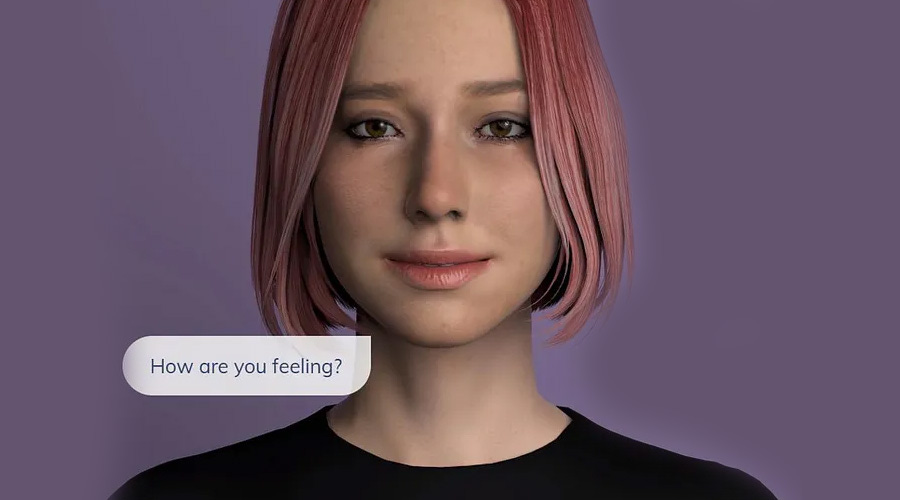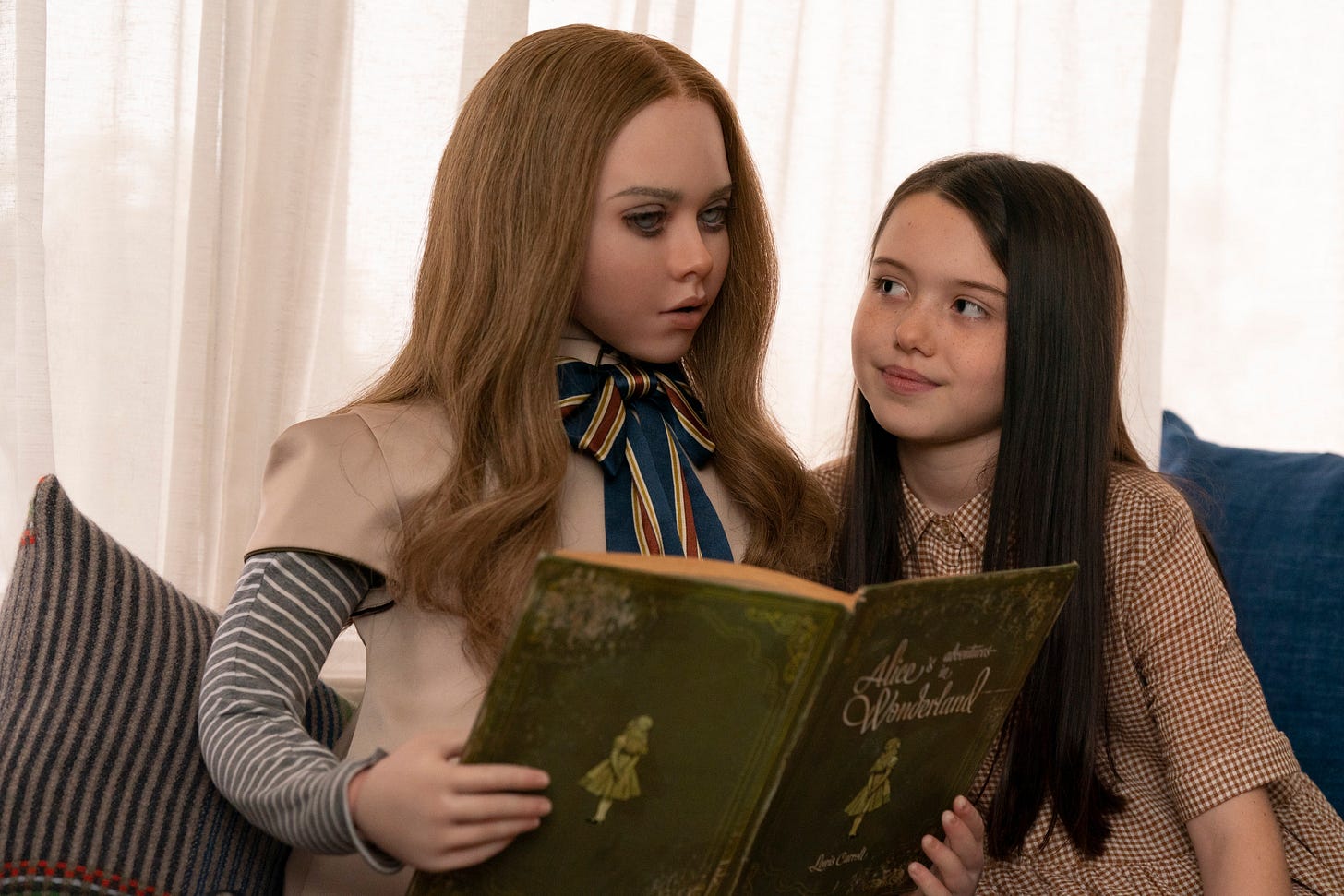We all need AI friends
Or, why virtual assistants will not be the killer AI consumer app
Welcome to Fully Distributed, a newsletter about AI, crypto, and other cutting edge technology. Join our growing community by subscribing here:
Productivity: the holy grail of success and achievement, the elusive virtue we all strive for. Well, or at least so we tell ourselves. But who are we kidding?
Most of us have more free time than we know what to do with and spend our days aimlessly scrolling through social media, binge-watching Netflix, or playing video games. Indeed, the average American spends 6-8 hours on media-related leisure per day - that’s over 2 billion hours nationwide! We’re not busy. We’re just too damn bored.
This is what Silicon Valley (and me) gets wrong about the current AI hype. The consensus opinion today is that the killer consumer use case of LLMs is a virtual personal assistant in a pocket - something tech bros and VCs would personally love to have to help with their busy days. And while I agree that everyone *will* have a virtual helper on their phone in the near future, their willingness to pay for such a product will be close to zero. For the average consumer productivity is a nice to have, not a must-have. This is partially why products like Notion, Coda, Airtable, Zoom, etc. monetize through enterprise - the consumer ain’t payin’. (NB: I do see a very high institutional willingness to pay for enterprise productivity).
So what is the killer consumer use case, you ask me?
Entertainment & companionship.
Let me explain.
We live in a world where:
People are bored and have lots of free time
People are the loneliest they’ve ever been
People spend more and more time on social media and online games
Guess who is always free, available 24/7, and talks to you whenever you want? I know you are probably rolling your eyes at this point, but please hear me out.
Today, the notion of developing any sort of relationship with a computer is seen as strange and freaky. Software can’t possibly replace human connection, right? But maybe the point is not replacing a human, but just being there for you when a human isn’t. Is it too much of a leap to imagine a world where we all have our trusted confidants in our pockets?
We’re less far off from this future than you think. We already have virtual assistants - Siri, Google Assistant, and Alexa on our phones (notice how they’re free) that can answer questions, set reminders, and control our smart homes. But what if they could offer more? Perhaps they’d entertain you when you’re bored, knowing exactly what you like. Or maybe you’d use them to get something off your chest and get a judgment-free reaction to your situation. We may lean on them when we’re feeling down to cheer us up. This doesn’t sound so bad, huh? Perhaps we could all use an AI friend.
Some companies are already working on some version of this. Replika has already amassed millions of loyal users by offering an AI-companion-as-a-service. Many claim to have developed a strong emotional connection to their Replika (you can see the testimonials on the website). Character.ai is tackling the space differently - they are tapping into the power of user-generated content and social by enabling anyone to easily spin up an AI bot that everyone on the platform can interact with. In 2 months since launch, people exchange over a billion words per day with their Characters.
I predict a lot of market cap will be generated in this space over the coming years.
I leave you with a few open questions to ponder about:
How does this get monetized? Monthly subscription? Selling our data?
What will normalize/destigmatize being ‘friends’ with AI? Does the tech need to get better (feel more human-like)? Or do we just need time?
Will our AI friends always have our best interests in mind? Can they adversely influence how we think? Will they always tell us what we want to hear?
How do we make sure we don’t lose touch with humanity? Is it a real risk?
Tell me what you think! DMs open. @leveredvlad on Twitter :)
If you enjoyed reading this, subscribe to my newsletter! I regularly write essays about AI, crypto, and other cutting-edge technology.



